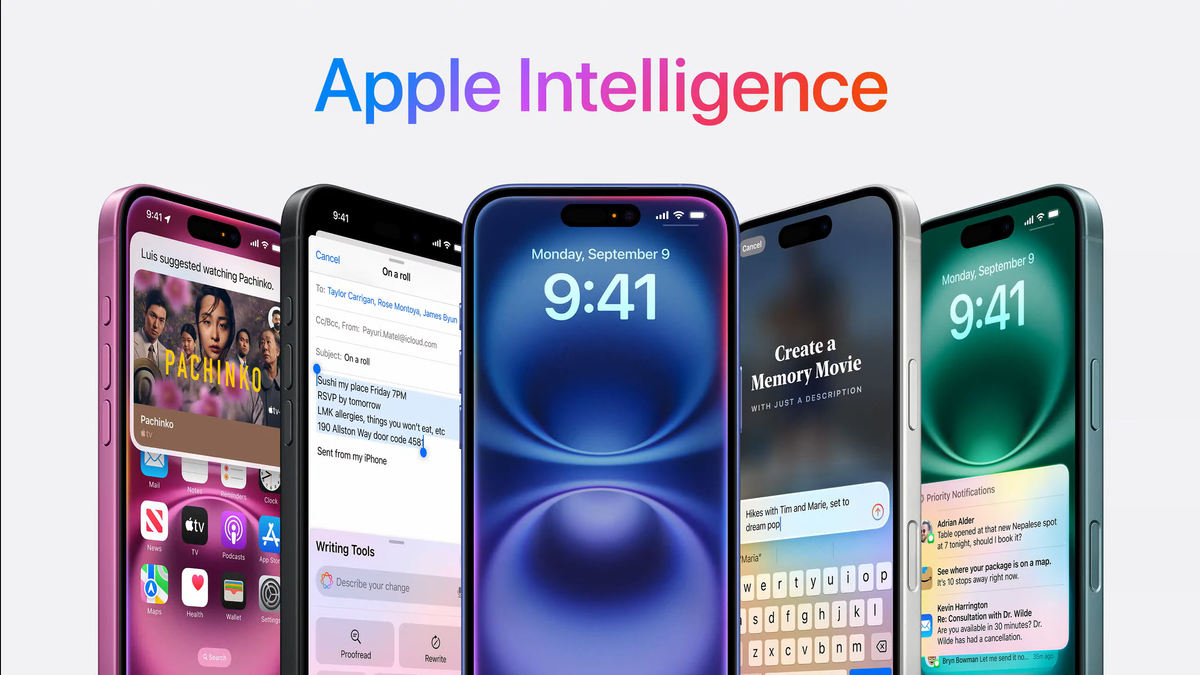On Monday, Apple released the list of finalists for its prestigious “iPhone App of the Year” award
This list shows that the company is once again downplaying the effects of AI technology on the mobile app environment. Traditional iOS apps dominate Apple’s 2024 list of the best iPhone apps, just as they did last year. These include apps that help iPhone users do specific things, like making professional videos (Kino), customizing their running plans (Runna), or planning their trips (Tripsy).
No other AI apps, like ChatGPT, Anthropic’s Claude, Microsoft Copilot, or apps that create AI photos or videos, made the list for iPhone App of the Year.
Given how popular ChatGPT is (and the fact that Apple is now a partner for its Siri improvements), it’s strange that the app hasn’t gotten any official year-end awards from Apple’s App Store editorial team, even though it added some smart new features in 2024, like an Advanced Voice Mode for talking to Siri and a web search feature that competes with Google.
Despite ChatGPT being featured in both Apple and Google’s editorial suggestions on the App Store and Google Play, neither company nominated it as the overall winner last year, despite its rapid growth to 100 million users and its status as the fastest-growing consumer app in history. Google named Partiful the app of the year for this year.
Even though ChatGPT didn’t make the cut, a few AI-powered apps did make it to Apple’s other 2024 candidate lists, like those for iPad and Mac App of the Year.
Only a few AI-powered apps made it to Apple’s list of 45 finalists across various app and game categories. Moises, an app with AI tools for learning music, was up for iPad App of the Year along with Bluey: Let’s Play for kids and Procreate Dreams for animation. The Mac App of the Year list featured three apps: Adobe Lightroom, OmniFocus 4, and Shapr 3D. Adobe Lightroom now has AI-powered features.
Apple revealed that EF Hello, a language-learning app, was among the 12 finalists for the Cultural Impact award. That app was EF Hello, a language-learning app. (Some apps, like the winner Pinterest, may use AI behind the scenes, but their marketing in the App Store doesn’t call them “AI” apps.)
Apple’s carefully curated list of finalists reveals that apps that foster creativity, rather than those assisting with AI tasks, deserve praise. The finalist apps mostly help iPhone and other device users do more without AI or features. These tasks can be designing, organizing, filming, making, or playing.
The same people who created the pro camera app also created Kino, a pro video app. Some apps, like Halide, try to make everyone a better photographer, and others make Apple products more useful for creative people who need to get work done.
Apple also added a new category this year called “Apple Vision Pro.” This is where the company will choose both an app and a game winner.



